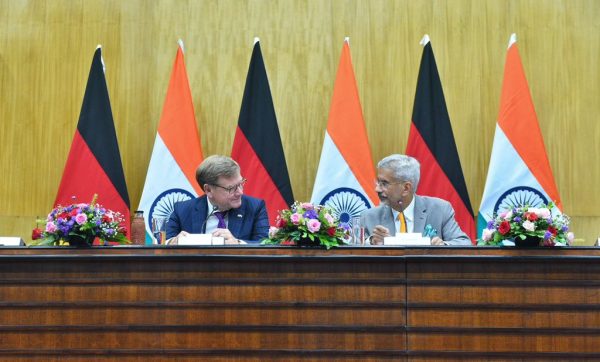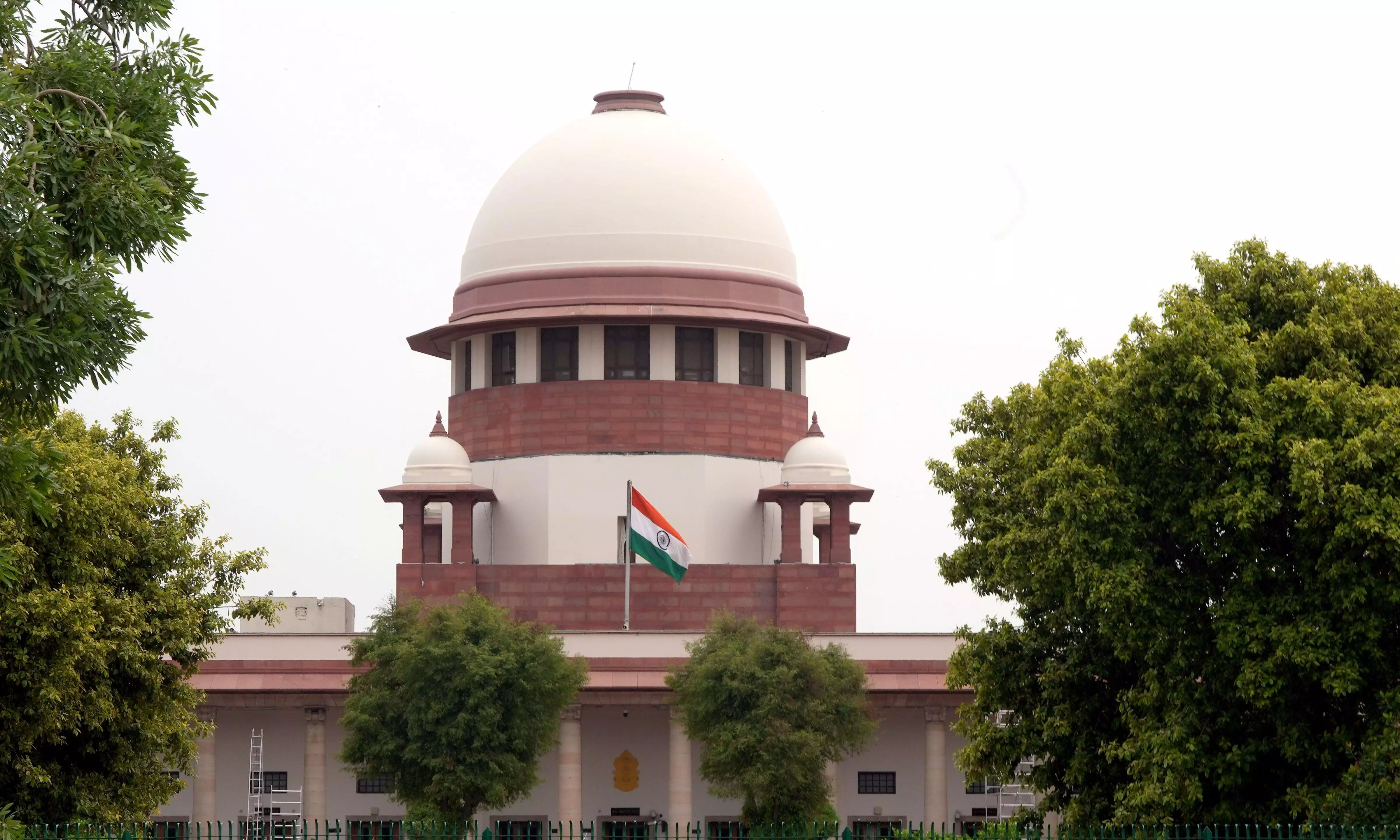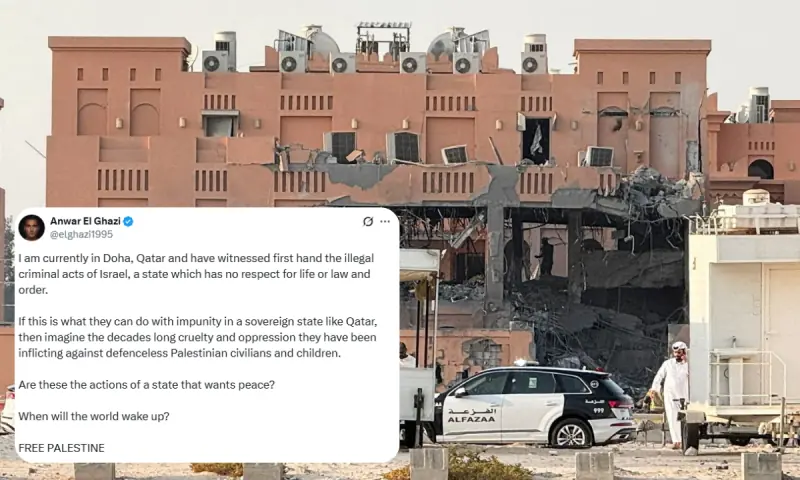By Editorial
Copyright independent

Some have speculated that a past scarred by colonialism and famine has triggered some historical kinship with Palestine’s plight – as if pictures of dead babies or reports of wards full of small children who have had to undergo amputations in hospitals that have run out of anaesthesia were not enough.
This week, the death toll passed 65,000, yet for a sixth time the US has vetoed a UN resolution demanding a permanent ceasefire.
According to US deputy Middle East envoy Morgan Ortagus, it was rejected because the text did not go far enough in condemning Hamas or recognising Israel’s right to defend itself.
No one is contesting Israel’s right to protect itself, and the actions of Hamas have appalled the world, but what is at issue is defending a population from being wiped out. The 14 other United Nations Security Council members who voted in favour described the situation as “catastrophic”. But there is to be no respite. The killing continued with renewed ferocity this week with horrific assaults on Gaza City.
Last month, US secretary of state Marco Rubio said Western countries planning to recognise the state of Palestine were motivated by domestic political considerations. He characterised any recognition of Palestine as “largely meaningless”. It was “symbolic”, and they are doing it for one reason, and that is “their domestic politics”, he said.
Legitimate concerns about stopping the annihilation of civilians are shared by many Israelis
“In the UK, in France, in many parts of Europe and Ireland, for a long time their domestic politics have turned anti-Israel … and they’re getting a lot of domestic pressure to do something,” he added.
Ireland is not anti-Israel, it is pro-peace. Legitimate concerns about stopping the annihilation of civilians are shared by many Israelis. On Monday, at the behest of France and Saudi Arabia, the UN General Assembly will reconvene a summit on the two-state solution.
Last week, an overwhelming majority of the 193 member states of the assembly approved a resolution, endorsing it. France, Britain and several other states are set to formally recognise Palestine next week. A total of 145 UN member states already do.
French president Emanuel Macron says the international community is “charting an irreversible path towards peace in the Middle East”. He argued: “Another future is possible. Two peoples, two states: Israel and Palestine, living side by side in peace and security.”
But Israeli prime minister Benjamin Netanyahu has dismissed any such prospect. After nearly two years of war, the government seems intent on creating its own reality. It shrugged off the UN’s formal assessment this week that it has committed genocide.
Even Netanyahu acknowledges his country’s growing isolation.
“We will increasingly need to adapt to an economy with autarkic [self-sufficient] characteristics,” he said. But the myth that any country can go it alone in our interdependent world is as dangerously delusional as believing a “forever war” is sustainable.



